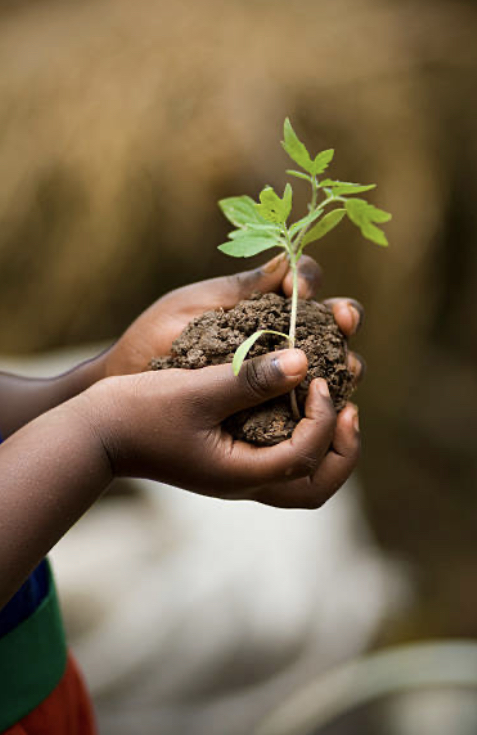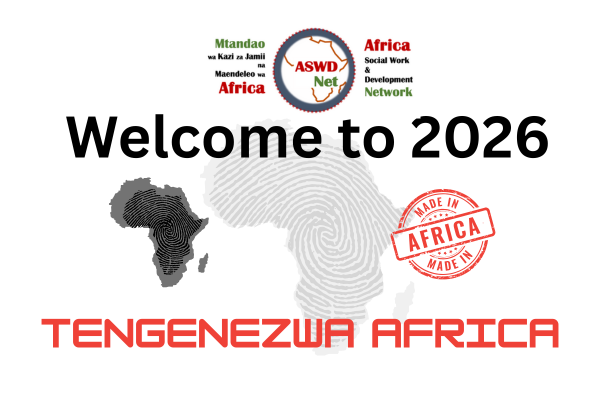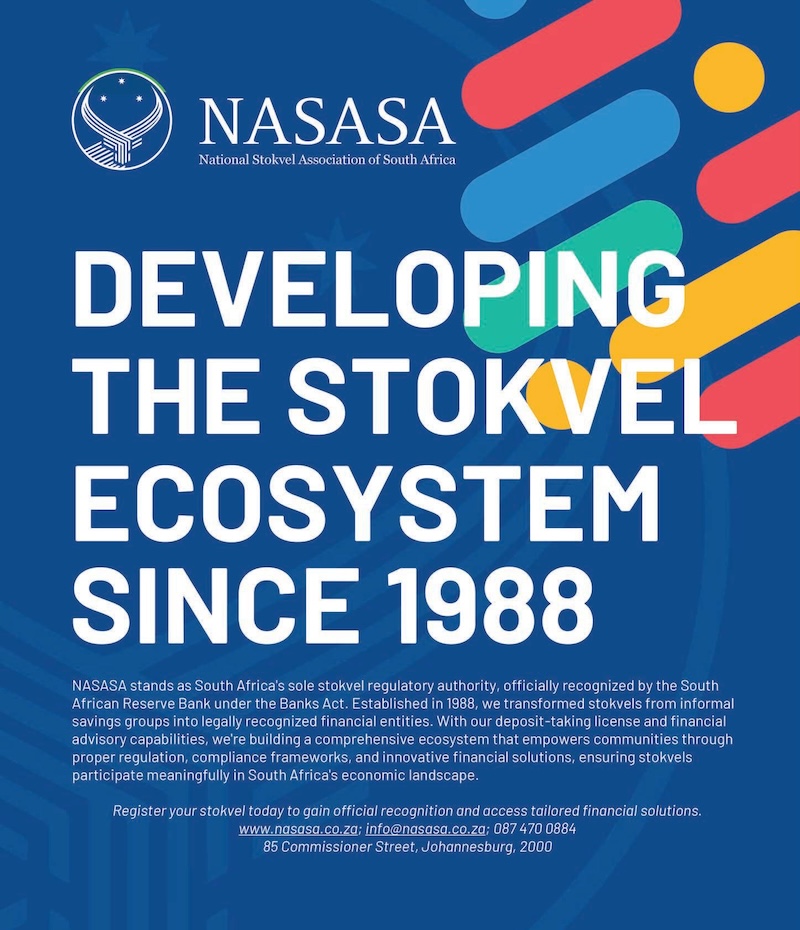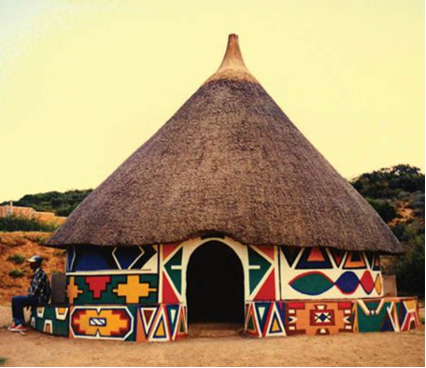
Ubuntu: Africa’s Environmental, Social and Governance (ESG) Framework?
by Ms. Alexandra Thokozile Mliswa (MSc,LLB, BA)

It won’t be the first time that us Africans are ‘taught’ what we may have known a century prior. Let’s being with human rights as set out by the United Nations. The late Bishop Desmond Tutu popularized the Ubuntu philosophy, primarily, during his work in the Truth and Reconciliation Commission after the apartheid atrocities. This caught the attention of the Western world, and soon thereafter, the academic world began to make the connection between Ubuntu and human rights. Ubuntu is a multi-layered and multi-dimensional concept, but for the purposes of this article, it will be described as a uniquely African philosophy with variants of ‘Ubuntu’ being found across different language families.
As the academic discourse around Ubuntu increased, it turned out that the principles underlying human rights, according to the United Nations, such as dignity, fairness and respect, correlated to the principles of Ubuntu, some of which are solidarity, respect, cooperation and compassion. We realized that, African cultures and had long practiced these very same principles that were now being taught to Africans by the Western world. We have known them, and practiced them all along.
The above recount of the Ubuntu – human rights relationship, beckoned the question that the same thing might be true of the Environmental , Social and Governance (ESG) mega-trend. Might we already have a framework for ESG in Africa, and if not a solid framework just yet, the fundamental principles to create one based on the Ubuntu philosophy? This article intends explore a superficial case for this.
The first step of this enquiry, and the only one in this article, is how can we apply Ubuntu to the 3 components of ESG? Let’s begin;
Environmental
Ubuntu is not limited to human application, and as such, the philosophy’s tenets can be applied to the conservation of our natural environment. Danford Chibvongodze has pointed out that Ubuntu concerns a tripartite of human, natural and spiritual.[1] As Africans, we have always been deeply connected to animals and the natural environment that surrounds us , Ubuntu can be seen as the environmental management system that Africans used pre-colonialization.
For instance, in the Shona culture, totems can be looked at as a way of conserving the animals in our environment. It is considered taboo to consume your family totem. Each family has an animal ‘totem’ that vary from fish to lions. Munyaradzi Mawere recognizes that there are many indigenous knowledge systems (IKS) like totems, that promote the conservation of animals and the natural environment.[2]
As it stands, modernization is seeing more and more African societies drifting further and further away from the practicing IKSs. The application of IKS now has to consider social change and how much the world’s scientific knowledge has advanced, not limited to new global problems like climate change. The response here seems to be to combine the learnings from the Ubuntu philosophy with knowledge that is now available to us to create policies that Africans can easily identify with while simultaneously supporting the global sustainability agenda.
Social
The social aspect is likely the easiest connection to make with Ubuntu. Ubuntu speaks to humanness commonly expressed by the aphorism ‘I am because, we are, we are because I am’. Ubuntu is underpinned by community. In general, Ubuntu is based on humaneness, interconnectedness and concern for others. These attributes of Ubuntu are seemingly in line with CSR Western and international values but this linkage has not been empirically tested.
An organization is part of the community it operates in. At its core, ESG social is about human rights and equity – an organization’s relationships with people, as well as its policies and actions that impact individuals, groups, and society. In a business context, it examines all people interactions against principles of ethics, justice, and care for well-being. This can be as basic as how they treat their employees or as far-reaching as their impact on customers, partners, and other stakeholders. If we look at this from the perspective of the Ubuntu philosophy there are many points of intersection. It considers topics like inequality, working conditions, human rights, product safety, community relations, supply chain transparency, and more. ESG social performance indicators can include things like diversity, income equality, workplace injury rates, philanthropy, and labor practices of suppliers are all based on the caring and well-being of the community as a whole which echoes many characteristics of the Ubuntu Philosophy. It may be worth mentioning that slave labour, human rights and supply chain ethics would also fall into this category.
Governance
What would corporate governance look like based on an Ubuntu philosophy? One can imagine that it would stress a governance style based on the collective rather than the individual. From this, one can infer that a style that is diversity focused on gender parity and equal and fair representation might be one aspect of this . How can we include other issues such as anti-corruption and anti-money laundering (AML) to this approach? Well, it would be one fosters the spirit of Ubuntu on all who are involved in service provision of an organization. There is a clear concept of morality in Ubuntu which contradicts the manner of behaviour which is often prevalent today. Nzimakwe recognizes a place for Ubuntu in good corporate governance and affirms that Ubuntu could support that practices that support AML, cybersecurity, illicit financial flows and corruption.[3]
Including Ubuntu in the global sustainability discourse has many benefits for Africa and the world at large:
- It is a uniquely African philosophy that is recognized across a significant mass of the continent and so easily integrated into African societies and communities right down to a grass roots levels that are so often marginalized by Western concepts and forced to learn new western concepts like ESG as was the case with human rights ;
- It provides an alternative to the Western view of ESG;
- Thirdly and maybe most importantly, because of the current confusion around ESG globally regarding the indicators and frameworks to use, it can provide Africans an opportunity to pave their own way and in doing so, possibly even take the lead on ESG issues the world can learn from .
It has been said that where the is confusion lies opportunity. And at present there is quite a lot of confusion around ESG indicators and frameworks. Right now, Africans, Zimbabwean’s, are in a unique position to steward the world’s ESG agenda with the knowledge and the tools which are already available to us in our culture and way of life.
[1] Danford Chibvongodze. (2016). Ubuntu is Not Only about the Human! An Analysis of the Role of African Philosophy and Ethics in Environment Management. Journal of human ecology (Delhi, India). 53. 157-166. 10.1080/09709274.2016.11906968.
[2] Mawere, M. (2015). Indigenous Knowledge and Public Education in Sub-Saharan Africa. Africa Spectrum, 50(2), 57–71. https://doi.org/10.1177/000203971505000203
[3] Nzimakwe, TI. 2014. Practicing Ubuntu and leadership for good governance:the South African and continental dialogue.African Journal of Public Affairs,7(4):30–41
Use the form below to subscibe to Owia Bulletin.
Discover more from Africa Social Work & Development Network | Mtandao waKazi zaJamii naMaendeleo waAfrika
Subscribe to get the latest posts sent to your email.




You must be logged in to post a comment.